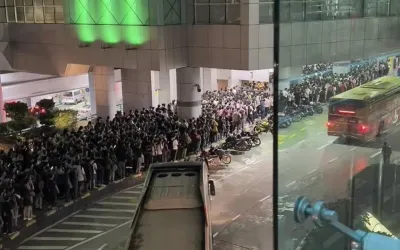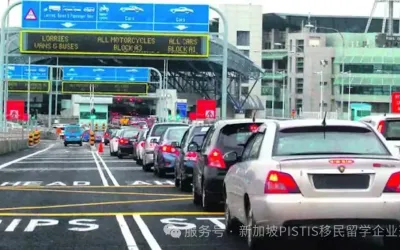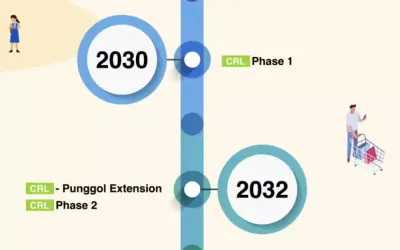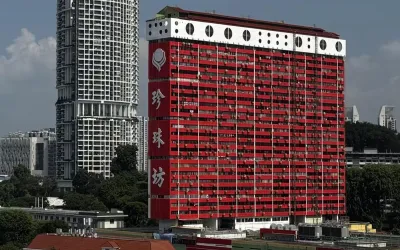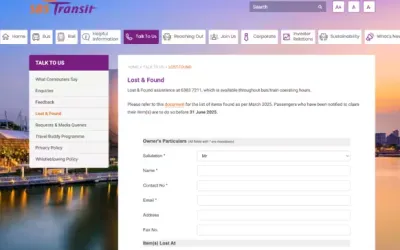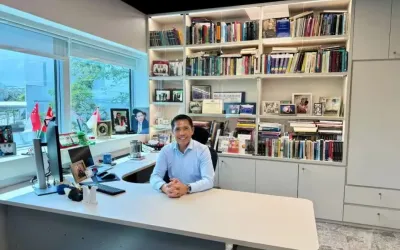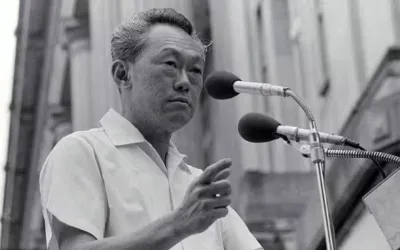2024年4月3日,新加坡永續發展與環境部兼人力部高級政務部長許寶琨醫生在國會上針對《就業法》的發言。
以下內容為新加坡眼根據國會英文資料翻譯整理:
黃國光議員問人力部長:
(a)人力部何時會審查《就業法1968》規定的七天年假最低標準;
(b)人力部會考慮哪些因素來決定是否應增加最低年假天數。
人力部高級政務部長 許寶琨醫生(代人力部長回答):主席先生,我感謝這位議員提出這個問題,因為他對這個話題非常有熱情,並多次提出過類似的問題。
雖然《就業法》規定了每年最低七天的年假,但如果員工在同一僱主處工作,每年會增加一天年假。2022年,90%以上年齡在25到64歲之間的全職本地員工享有超過七天的年假。此外,64.6%的全職本地員工享有15天或以上的年假,比2018年的61.1%有所增加。
年假規定需與其他支持員工平衡工作與個人需求的福利一起考慮,包括帶薪公共假期、病假和最近剛加強的育兒假。除了員工的需求,審查年假規定還需考慮對企業成本的影響。目前沒有計劃審查年假規定,但我們鼓勵更多僱主全面審查其就業福利,以更好地吸引和留住在當前緊張勞動力市場中的人才。
議長先生:黃國光議員。
黃國光議員(義順集選區):謝謝,主席先生。我感謝高級國務部長的回覆。首先,我想確認一下,人力部是否擔心增加最低年假天數會導致公司生產力下降?因為我認為可能恰恰相反,更休息好的員工會更有生產力。
其次,我記得三年前,高級國務部長在本院提到,擔心增加年假會增加企業成本。已經過去三年了,我也給高級國務部長一些時間。請問這些企業成本具體是指什麼?並且,考慮到我剛才提到的觀點,休息好的員工會更有生產力,這可能會抵消一些人力部擔心的企業成本嗎?
許寶琨醫生:主席先生,我感謝這位議員的問題。增加年假和提高企業成本的問題並不是那麼簡單的。但如果從一個非常簡單的角度看,如果更多人休更多假,公司運作可能需要有人代替,可能需要雇用更多人來填補空缺,這樣直接來看會增加企業成本。
但我們說到提高生產力,光靠增加年假並不是讓員工得到更多休息從而提高生產力的唯一方式。生產力可以通過很多方式提升:更好的培訓、工作設計的改進,以及更好的設備,比如對於那些需要進行體力勞動的員工。
我們正從一個更全面的角度來看待這個問題,確保有其他形式的工作安排,包括靈活的工作安排,同時也為我們的員工提供更好的技能,並利用科技來提升生產力。
因此,所有這些措施將共同作用,以確保員工能夠更高效地工作,同時也確保有靈活的安排,平衡他們的工作和個人需求。所以,我們是從多個角度來解決問題,而不是僅僅通過增加年假來解決問題。
議長先生:黃國光議員。
黃國光議員:謝謝,主席先生。我有一個跟進問題。我認為現在的擔憂是,雖然有些人享有靈活工作的安排——我也努力爭取了在家工作的權利——但現在的擔憂是,可能是低收入的工人享有最低七天年假,他們沒辦法在家工作。因此,我希望人力部也能從這個角度來看待問題。增加最低年假真的會幫助到我們的低收入工人。
許寶琨醫生:主席先生,我想向議員保證,我們將繼續研究如何最好地支持低收入工人,包括如何確保他們有一個合理的工作和休息周期。

以下是英文質詢內容:
Mr Louis Ng Kok Kwang asked the Minister for Manpower (a) when will the Ministry review the minimum annual leave entitlement of seven days provided for eligible workers under the Employment Act 1968; and (b) what factors will the Ministry consider in determining whether the minimum number of annual leave days should be increased.
The Senior Minister of State for Manpower (Dr Koh Poh Koon) (for the Minister for Manpower): Sir, I thank the Member for raising this Parliamentary Question because he is quite passionate about this topic and has asked this several times before.
While the Employment Act stipulates a minimum entitlement of seven days of annual leave, this increases by one day per year of service with the same employer. In 2022, over 90% of full-time resident employees aged 25 to 64 had more than seven days of annual leave. In addition, 64.6% of full-time resident employees aged 25 to 64 had 15 days or more of annual leave, higher than the 61.1% in 2018.
Annual leave entitlements must be seen alongside other entitlements that similarly support employees in balancing their work and personal needs. These include paid public holidays, sick leave and parental leave, which we have just recently enhanced. Besides employees』 needs, reviews of leave entitlements must also take into account the impact on business costs. There are no plans to review the annual leave entitlements for now, but we encourage more employers to review their employment benefits holistically to better attract and retain talent in our currently tight labour market.
Mr Speaker: Mr Ng.
Mr Louis Ng Kok Kwang (Nee Soon): Thank you, Sir. I thank Senior Minister of State for the reply. First, could I just check whether the Ministry of Manpower (MOM) is concerned that by increasing the minimum annual leave entitlement, it will result in lower productivity in the company? Because I think it might be the other way, that a more well-rested workforce will be a more productive workforce.
Second, I think three years ago, the Senior Minister of State shared in this House that the worry is that increasing annual leave entitlement would entail business costs. It has been three years, so I did give the Senior Minister of State a good break. Could he just share an update on what exactly are these business costs? And also, whether – taking into account my first point – where a more well-rested workforce will be a more productive workforce and that might actually negate some of these business costs that MOM is concerned about?
Dr Koh Poh Koon: Sir, I thank the Member for his questions. The issue of giving more entitled leave and raising business costs is not something straightforward. But I think if you look at it from a very simplistic way: if more people do go on more leave, then the company’s operations will require some backfilling, which may then require them to hire more extra people to backfill the persons who are on leave. So, in that more direct way, you can look at it as raising some form of business cost.
But I think when we talk about being more productive, having more leave itself is not the only way to have people getting more rest and therefore becoming more productive. Productivity can come from many ways: through better training; better redesign of the job; and better equipment, for example, for those that need to perform manual tasks.
We are looking at this from a more holistic way, by ensuring that there are avenues for other forms of work arrangements, including flexible work arrangements, and also equipping our workers with better skills and leveraging technology to be a multiplier of productivity.
So, all this will work in concert to make sure that the person or the workers themselves are able to be more productive, while also ensuring that there is a flexible arrangement to allow them to have more balance of their work needs as well as personal needs. So, we are looking at it more from multiple angles, rather than just fixing the problem with more entitled annual leave.
Mr Speaker: Mr Ng.
Mr Louis Ng Kok Kwang: Thank you, Sir. Just one follow-up. I think that the concern is that while some have the luxury of flexible work arrangements – and I fought hard to legislate this right to work from home – I think the concern now is that, it is probably the lower-income workers who have this minimum of seven days of annual leave and who do not have, again, have the luxury of working from home. So, I hope MOM can look into this from that perspective as well. By increasing the minimum entitlement, it really would help our lower-income workers.
Dr Koh Poh Koon: Sir, I want to assure the Member that we will continue to look at how to best support our lower-earning workers, including how we can make sure that they have a proper work-rest cycle.
FS丨編輯
HQ丨編審
新加坡國會丨來源


